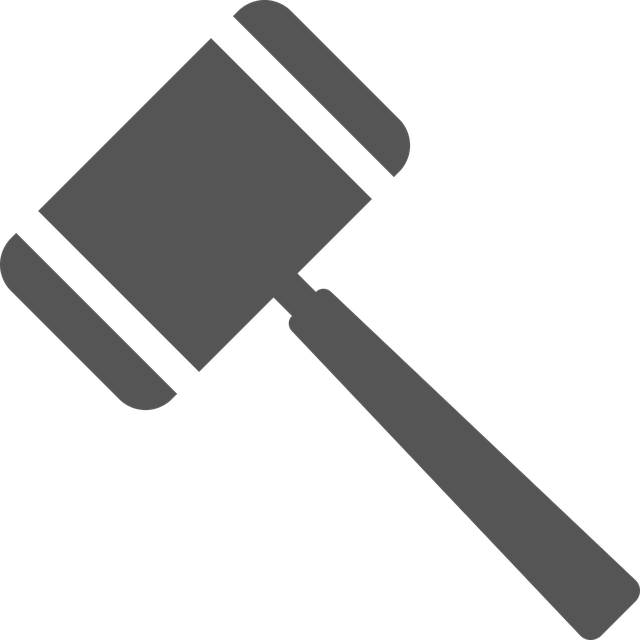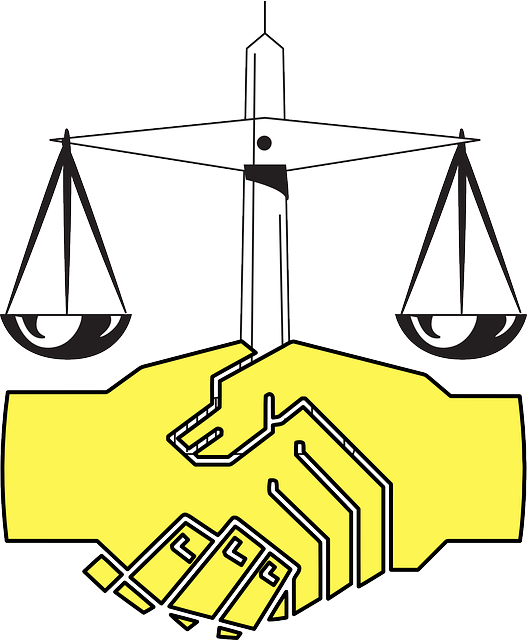Category: Aurora Real Estate Litigation
Aurora Real Estate Litigation: Navigating Legal Complexities for Global Property Markets
Introduction
Welcome to an in-depth exploration of the dynamic world of Aurora Real Estate Litigation, a critical aspect of global property law that shapes transactions, investments, and dispute resolutions worldwide. This article aims to guide readers through the intricate landscape of Aurora real estate litigation, its historical evolution, international reach, and its profound impact on economic, technological, and regulatory environments. By delving into these aspects, we will uncover the complexities, challenges, and opportunities within this field, offering valuable insights for professionals, investors, and policymakers alike.
Understanding Aurora Real Estate Litigation: Unraveling the Basics
Definition: Aurora Real Estate Litigation (AREL) refers to a specialized branch of civil litigation focused on legal disputes arising from real estate transactions, ownership, and related commercial activities. It involves a comprehensive understanding of property law, contracts, land use regulations, and often, complex financial instruments.
Core Components:
- Dispute Types: AREL encompasses various dispute scenarios, including contract breaches, property boundary conflicts, non-disclosure agreements, fraud, and investment misrepresentations related to real estate.
- Legal Frameworks: It operates within a legal framework that includes national and international laws, treaties, and regulatory bodies governing property rights, land administration, and foreign investments.
- Key Players: Involved parties may include developers, investors, landlords, tenants, government agencies, and legal professionals specializing in property litigation.
Historical Context:
The roots of AREL can be traced back to ancient civilizations where early forms of property law emerged to regulate land ownership and transactions. Over centuries, these laws evolved, influenced by changing social structures, economic needs, and technological advancements. Modern AREL has been shaped by globalization, the rise of complex financial markets, and increasing cross-border real estate investments, making it a truly international legal practice.
Global Impact and Trends: A World-Wide Web of Legal Practice
International Influence:
Aurora Real Estate Litigation transcends borders, with its impact felt across all continents. The global nature of investment and development projects has led to a growing demand for specialized legal expertise in various jurisdictions. International investors often face unique challenges when navigating different property laws, cultural norms, and regulatory environments. AREL professionals play a pivotal role in facilitating these transactions and resolving disputes.
Regional Trends:
- North America: The United States and Canada have well-established AREL practices influenced by common law systems. Recent trends include an increase in e-discovery for digital records and the integration of technology in legal processes, such as online dispute resolution platforms.
- Europe: With its diverse legal systems, Europe presents unique challenges. The EU’s regulatory framework, particularly concerning cross-border investments and data protection, significantly impacts AREL. Many European countries have adapted their litigation practices to accommodate digital transformations.
- Asia Pacific: Rapid economic growth in countries like China and India has driven significant real estate development. AREL in this region is characterized by a mix of traditional and modern legal approaches, with an increasing focus on international investor protection and market transparency.
- Middle East and Africa: These regions are experiencing rapid urbanization and infrastructure development, attracting global investors. Local legal practices in AREL are evolving to meet these changes while respecting cultural and religious considerations.
Economic Considerations: Market Dynamics and Legal Interplay
Market Dynamics:
Aurora Real Estate Litigation is deeply intertwined with economic systems worldwide. It influences market trends, investment decisions, and asset values. Key factors driving economic aspects include:
| Factor | Impact on AREL |
|---|---|
| Global Financial Markets: Fluctuations in stock markets and interest rates can impact real estate investments, influencing litigation scenarios. | 1. Increased risk of contract breaches during market downturns. 2. Potential for higher dispute resolution volumes post-recessions. |
| Economic Growth: Booming economies often spur real estate development, leading to more transactions and disputes. | Higher demand for property, fueling growth in AREL practices. |
| Demographics: Shifting population trends impact housing demands, influencing property values and investment strategies. | 1. Changing preferences (e.g., urban living vs. suburban) may drive specific litigation types. 2. Aging populations could increase cases related to elderly property owners. |
Investment Patterns:
- Global Investors: International investors often seek diversification through real estate, requiring legal expertise in host countries. This drives demand for AREL services globally.
- Domestic Market Focus: Local developers and investors may face intense competition, leading to more aggressive marketing and contract terms, which can increase dispute potential.
- Alternative Investments: Growing interest in alternative asset classes like commercial real estate (CRE) and residential rental markets creates new legal challenges related to ownership, management, and regulation.
Technological Advancements: Digital Disruption in Legal Practice
Impact of Technology:
Technological innovations have revolutionized Aurora Real Estate Litigation, improving efficiency, accessibility, and dispute resolution outcomes. Key advancements include:
- Digital Document Management: Electronic document storage, secure sharing platforms, and advanced search tools streamline legal research and case management, enabling faster review processes.
- Online Dispute Resolution (ODR): ODR platforms provide cost-effective, efficient alternatives to traditional litigation for smaller disputes. They offer a more flexible, user-friendly experience for clients and lawyers.
- Legal Analytics: Advanced analytics tools help legal professionals identify patterns in case law, predict outcomes, and develop strategies, leading to better decision-making.
- Blockchain and Smart Contracts: Emerging technologies like blockchain can enhance transparency and security in real estate transactions, potentially reducing disputes related to contract execution.
Future Trends:
- Artificial Intelligence (AI): AI-powered legal research tools and predictive analytics will continue to transform AREL, offering efficient case analysis and strategic recommendations.
- Cloud Computing: Secure cloud-based platforms for document management and collaboration enhance accessibility and data security for all parties involved in litigation.
- Telematics: Virtual court appearances and remote dispute resolution are set to become more prevalent, especially post-pandemic, ensuring access to justice while minimizing travel costs.
Regulatory Environment: Shaping the Legal Landscape
National and International Regulations:
Aurora Real Estate Litigation is heavily influenced by regulatory bodies and legal frameworks at both national and international levels. Key considerations include:
- Property Registration and Land Use Laws: Government agencies oversee property registration, land use planning, and zoning regulations, ensuring compliance and resolving disputes related to ownership rights.
- Foreign Investment Regulations: Many countries have specific laws governing foreign direct investment (FDI) in real estate, aiming to protect domestic interests while promoting international investment.
- Data Privacy and Cybersecurity: With the digital transformation of legal practice, data protection laws become critical, especially for cross-border disputes involving electronic records.
- International Treaties and Agreements: Bilateral or multilateral treaties may provide a framework for resolving cross-border disputes, offering alternative avenues to traditional litigation.
Challenges and Opportunities: Navigating Complexities
Challenges in AREL:
- Complex Legal Environments: The interplay of national and international laws creates a complex legal landscape, requiring experts to navigate diverse jurisdictions.
- Cultural Differences: Understanding cultural norms and legal interpretations across various countries is essential for successful dispute resolution.
- Technological Adaptability: Keeping pace with technological advancements while ensuring data security and privacy poses ongoing challenges.
- Alternative Dispute Resolution (ADR) Adoption: While ADR methods like mediation and arbitration are gaining popularity, traditional litigation remains prevalent in some regions due to cultural preferences and legal system structures.
Opportunities for Growth and Innovation:
- Specialization: Deep specialization within AREL allows professionals to become experts in niche areas, attracting high-value clients and complex cases.
- Cross-Border Collaboration: International law firms with global reach can provide comprehensive AREL services, ensuring clients receive consistent quality across jurisdictions.
- Technology Integration: Embracing new technologies enhances efficiency, improves client experiences, and opens doors to innovative service offerings.
- Education and Training: Developing specialized training programs for legal professionals can enhance expertise in AREL, attracting talent and fostering professional growth.
Conclusion: Navigating the Future of Aurora Real Estate Litigation
Aurora Real Estate Litigation stands at a pivotal point, shaped by globalization, technological advancements, and evolving economic landscapes. As the world becomes increasingly interconnected, the demand for specialized legal expertise will continue to grow. Professionals in this field must stay agile, embracing technological innovations while navigating complex regulatory environments. By understanding global trends, adapting to changing demands, and fostering collaboration, AREL practitioners can contribute significantly to a dynamic, efficient, and secure real estate market worldwide.
Aurora Real Estate Disputes? Settle Fast, Save Big with Top Lawyer

Struggling with costly and time-consuming real estate disputes in Aurora? Our specialized Business L…….
Win Custody, Save Costs: Top Aurora Lawyers Fight for Your Rights
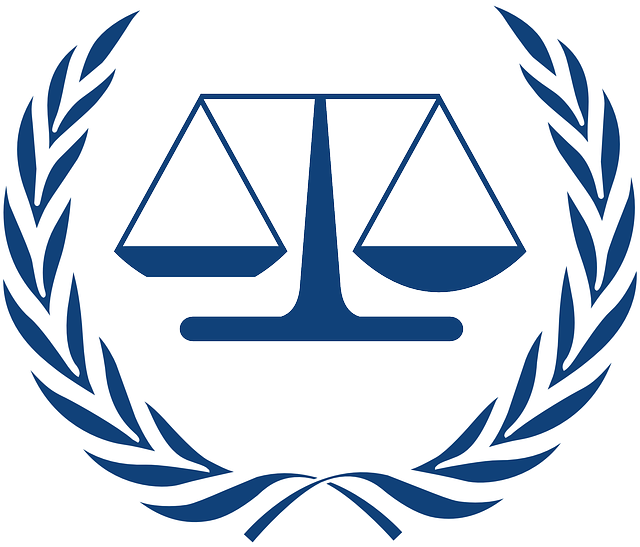
Facing a child custody battle in Aurora can be daunting, with complex legal rules and intense emotio…….
Aurora Car Accident Lawyers: Maximize Compensation, Save You Time & Money

After a car accident in Aurora, turn to our specialized lawyers for the support you desperately need…….
Free Consultation: Top-Rated Motorcycle Accident Lawyers in Aurora Save You Money
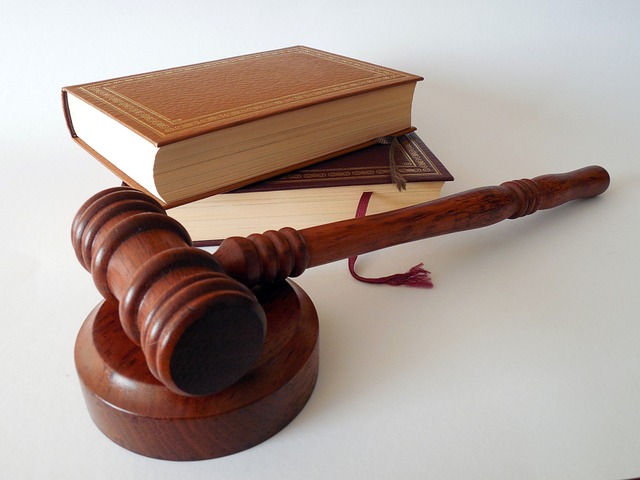
In the aftermath of a motorcycle crash in Aurora, navigating legal complexities can feel overwhelmin…….
Aurora’s Top Divorce Lawyers: Streamline Your Real Estate Dissolution with Free Consultations

Facing divorce in Aurora? Navigating complex legal landscapes can be daunting, especially when it co…….
Aurora Divorce: Settle Faster, Keep More with Expert Mediation
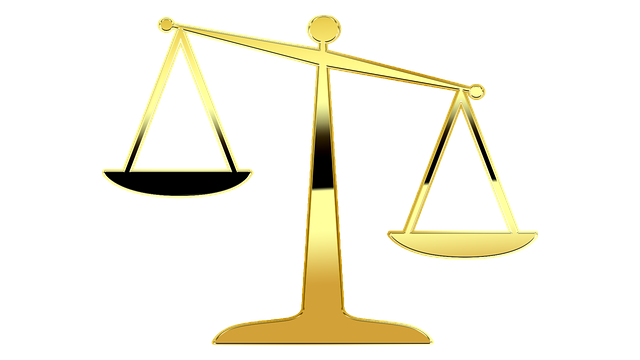
Tired of the high costs and stress associated with Aurora Real Estate Litigation? Discover a better…….


